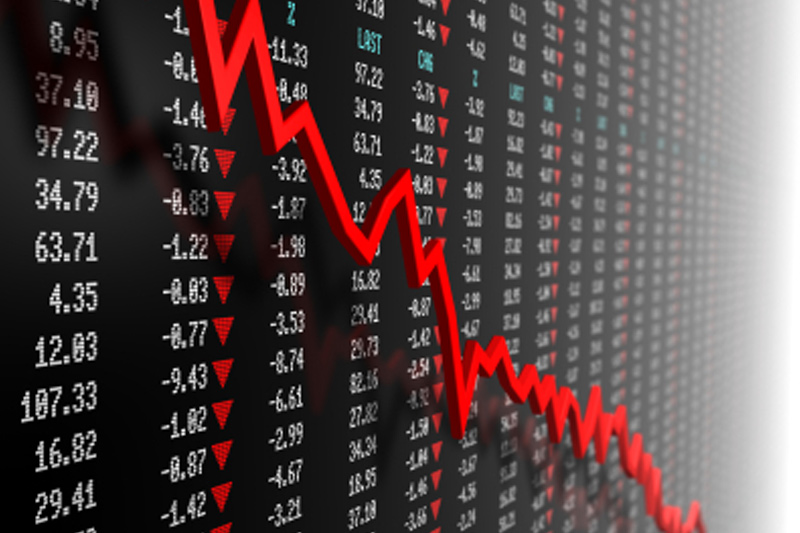Investing.com - The euro was sharply lower against the U.S. dollar on Monday, weighed by concerns over the economic outlook for the region, while political uncertainty in Holland and France also kept the single currency under pressure.
EUR/USD hit 1.3106 during U.S. morning trade, the pair’s lowest since Thursday; the pair subsequently consolidated at 1.3109, dropping 0.82%.
The pair was likely to find support at 1.3068, Thursday’s low and resistance at 1.3209, the session high.
The euro was hit by ongoing political uncertainty, as the Dutch government teetered on the verge of collapse following failed budget negotiations.
Elsewhere, French borrowing costs rose Monday, after President Nicolas Sarkozy poor performance against challenger Francois Hollande in the first round of the country’s presidential election.
Hollande has said he wants to renegotiate the euro zone’s fiscal pact in order to stimulate growth in the bloc, rather than enforcing strict austerity measures.
Meanwhile, concerns over the economic outlook mounted after data showed that the euro zone's manufacturing output slumped to its lowest level since June 2009 this month, while its services sector fell to a five month low.
The decline was driven by poor performances in Germany and France, with manufacturing activity in Germany slowing to the lowest level in almost three years.
The weak data fuelled fears economic growth in the region will be hit by planned government austerity measures.
The broadly weaker euro fell to a 20-month low against the pound, with EUR/GBP shedding 0.57% to hit 0.8150 and fell sharply against the safe haven yen, with EUR/JPY tumbling 1.33% to hit 106.35.
Also Monday, the Bank of Spain said it believes that the country’s economy has entered a recession.
The central bank said gross domestic product contracted by 0.4% in the three months to March. That follows a 0.3% contraction in the fourth quarter, and zero growth in the third quarter of last year.
EUR/USD hit 1.3106 during U.S. morning trade, the pair’s lowest since Thursday; the pair subsequently consolidated at 1.3109, dropping 0.82%.
The pair was likely to find support at 1.3068, Thursday’s low and resistance at 1.3209, the session high.
The euro was hit by ongoing political uncertainty, as the Dutch government teetered on the verge of collapse following failed budget negotiations.
Elsewhere, French borrowing costs rose Monday, after President Nicolas Sarkozy poor performance against challenger Francois Hollande in the first round of the country’s presidential election.
Hollande has said he wants to renegotiate the euro zone’s fiscal pact in order to stimulate growth in the bloc, rather than enforcing strict austerity measures.
Meanwhile, concerns over the economic outlook mounted after data showed that the euro zone's manufacturing output slumped to its lowest level since June 2009 this month, while its services sector fell to a five month low.
The decline was driven by poor performances in Germany and France, with manufacturing activity in Germany slowing to the lowest level in almost three years.
The weak data fuelled fears economic growth in the region will be hit by planned government austerity measures.
The broadly weaker euro fell to a 20-month low against the pound, with EUR/GBP shedding 0.57% to hit 0.8150 and fell sharply against the safe haven yen, with EUR/JPY tumbling 1.33% to hit 106.35.
Also Monday, the Bank of Spain said it believes that the country’s economy has entered a recession.
The central bank said gross domestic product contracted by 0.4% in the three months to March. That follows a 0.3% contraction in the fourth quarter, and zero growth in the third quarter of last year.
